ASU students develop food-security solutions for India
The month-long project, hosted by the India Policy and Economy Research Club, culminated on Oct. 16, World Food Day.
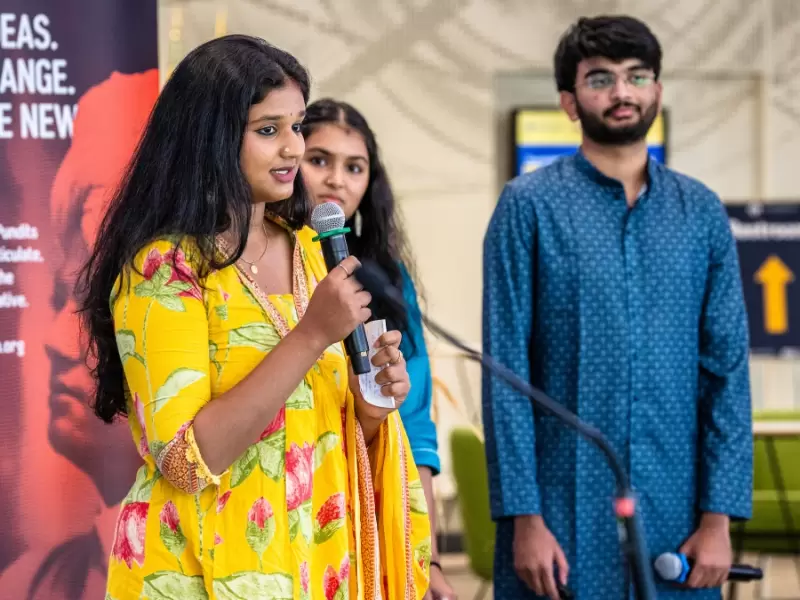 From left: Manasvenee Premkuma, Srihitha Jaligama and Havish Akarapu present their research-based ideas during a pitch symposium hosted by the India Policy and Economy Research Club at ASU on Thursday, Oct. 16, World Food Day, at Thunderbird School of Global Management in downtown Phoenix. / Photo by Charlie Leight/ASU News
From left: Manasvenee Premkuma, Srihitha Jaligama and Havish Akarapu present their research-based ideas during a pitch symposium hosted by the India Policy and Economy Research Club at ASU on Thursday, Oct. 16, World Food Day, at Thunderbird School of Global Management in downtown Phoenix. / Photo by Charlie Leight/ASU News
Arizona State University (ASU) students are tackling one of India’s most urgent challenges — food security — by designing practical policy solutions to strengthen agricultural systems, improve logistics, and empower farmers.
The month-long project, hosted by the India Policy and Economy Research Club, culminated on Oct. 16, World Food Day, with four student teams presenting their proposals under the theme “Democratization of Agriculture for Global Food Security.”
Also Read: Empowering Rural India: The Enduring Impact of S M Sehgal Foundation
Manasvenee Premkumar, a computer science major, opened her team’s presentation with a striking portrayal of a farmer’s daily struggle. “Every morning as the sun rises over the golden fields, a farmer wakes up with a heart full of hope,” she said as quoted by university press.
“He grows the crops that will not only feed his family but also a thousand others. But after the harvest, the storage facility is too full. He sells his crops for less than half the price. His livelihood and his labor, gone,” she added.
Premkumar’s team, which included Srihitha Jaligama, a supply chain management major, and Havish Akarapu, a business data analytics major, focused on modernizing India’s agricultural logistics infrastructure.
Their research revealed that while India produces nearly 328 million metric tons of grains annually, it has storage for only 145 million metric tons. The resulting shortage leaves farmers vulnerable to post-harvest losses, price exploitation, and a lack of coordination in the supply chain.
To address these issues, the team designed a three-phase plan aimed at improving storage logistics, eliminating middlemen, and creating a system of real-time tracking and coordination to ensure farmers receive fair compensation.
“At heart, India is an agrarian economy,” said Mudit Lal, a robotics major and the first officer of the India Policy and Economy Research Club. “These are challenges that the government of India is actively working on solving, and we will be adding our drop of effort into it.”
Lal said the initiative is meant to inspire students to see themselves as contributors to real-world policy change. “It’s not just the officers or politicians who make these policies. It can be you,” he said.
The club has also reached out to policymakers in India, including Minister of Agriculture and Farmers’ Welfare Shivraj Singh Chouhan, who expressed interest in piloting the students’ ideas and gathering data on their potential impact.
About 25 students participated in the program, which was open to all majors. Ten students across the four finalist teams will now create detailed project reports for possible pilot implementation.
They were guided by professional mentors including Rimjhim Aggarwal, professor in the School of Sustainability at ASU; Sabyasachi Sen, a doctorate candidate in mechanical engineering at Cornell University; and Prakash Jha, assistant professor of agricultural climatology at Mississippi State University.
Speaking at the symposium, Jha reminded the students of the significance of World Food Day, which marks the founding of the Food and Agriculture Organization of the United Nations.
“Globally, close to 675 million people sleep without food every night,” he said. “When you think of policy, you need to think of humans and their challenges. Whatever design you’re thinking of, think, ‘How can it work in the field?’”
Other proposals presented at the event focused on sustainable farming practices, improved fertilizer use, and the promotion of indigenous seed varieties to reduce India’s reliance on imported pulses.
The India Policy and Economy Research Club, established earlier this year, aims to connect students with global policy challenges and foster data-driven, socially responsible innovation.
ADVERTISEMENT
ADVERTISEMENT
E Paper
Video



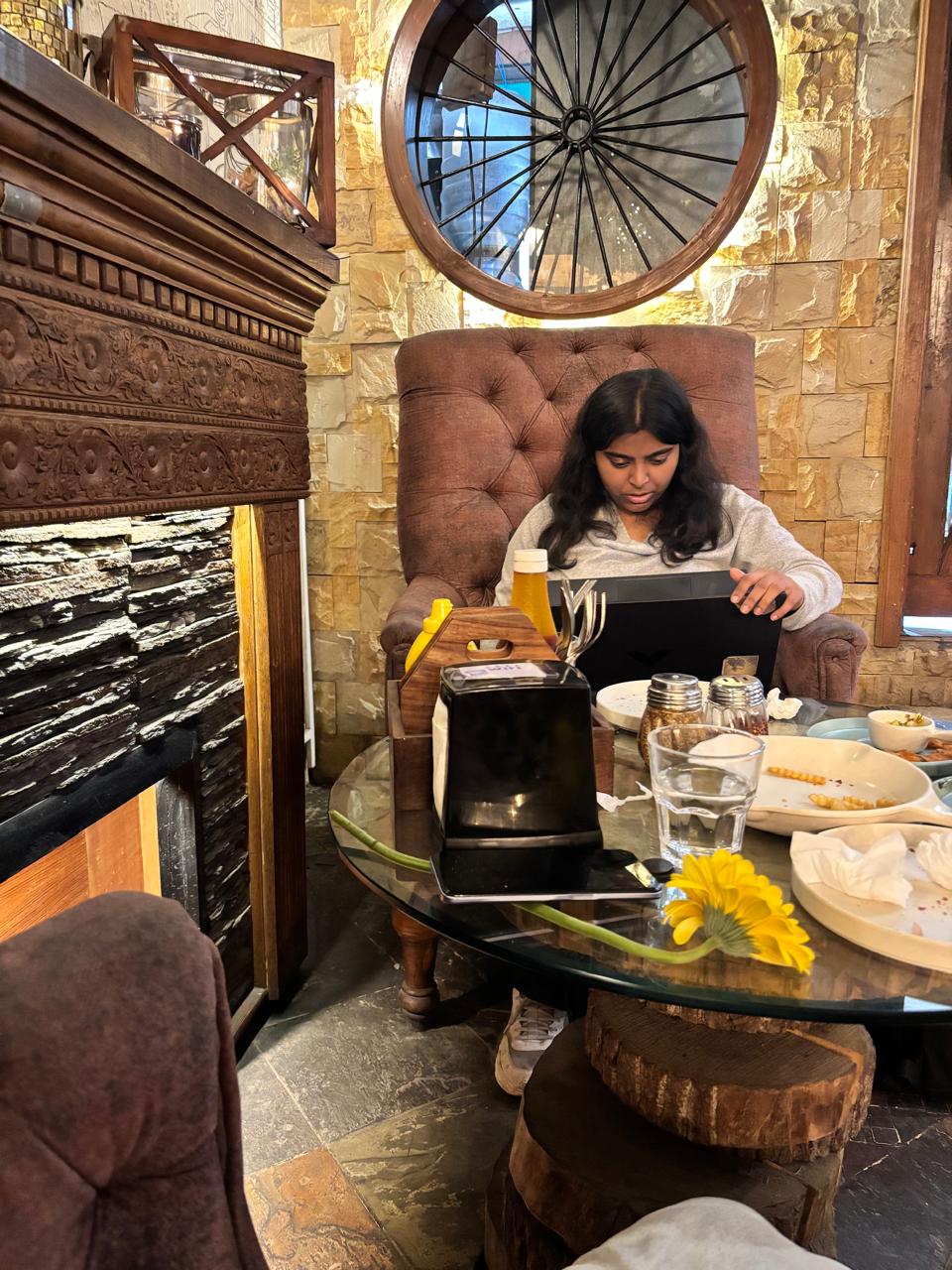 Malvika Choudhary
Malvika Choudhary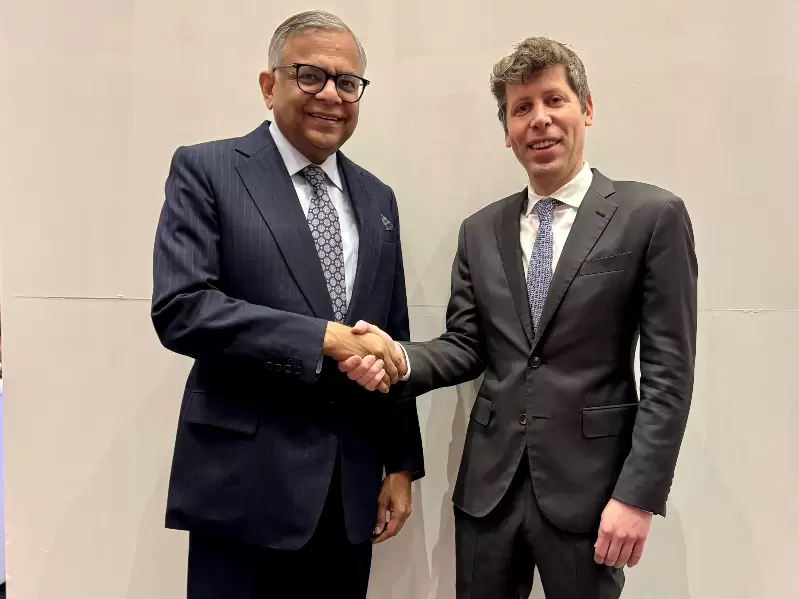
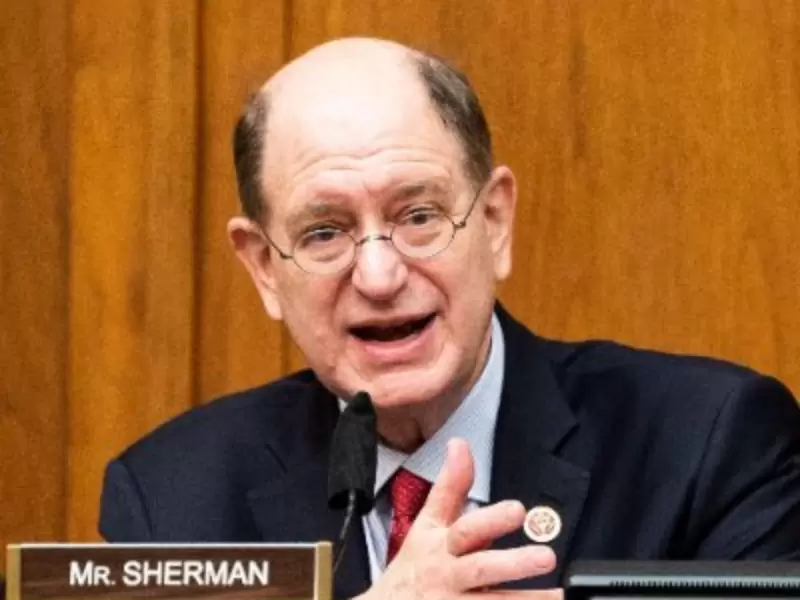
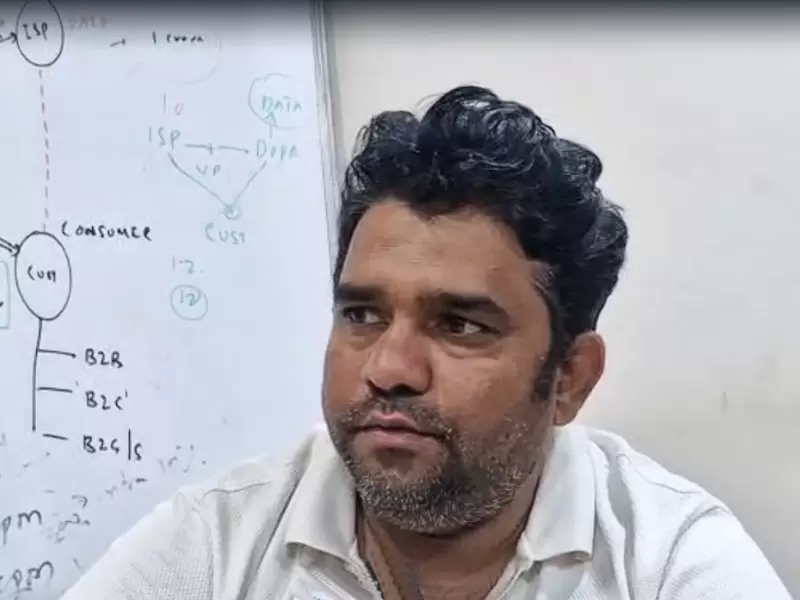
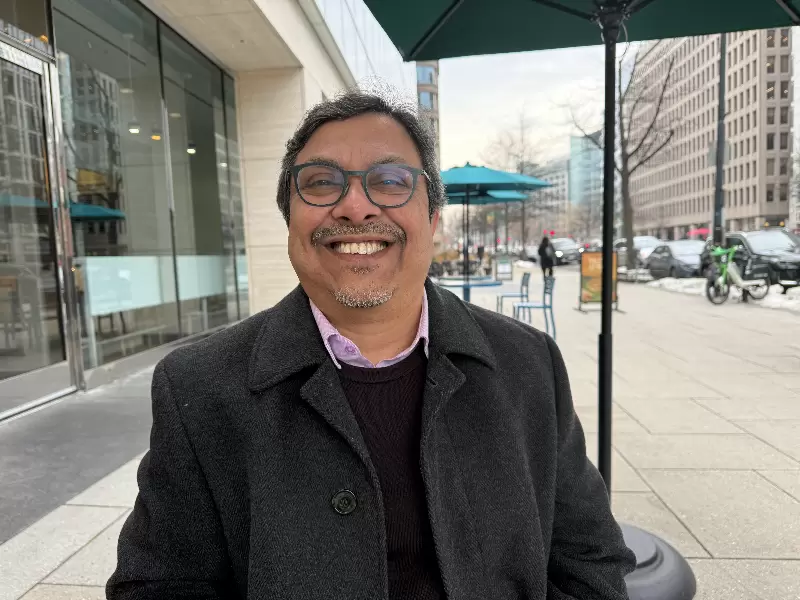
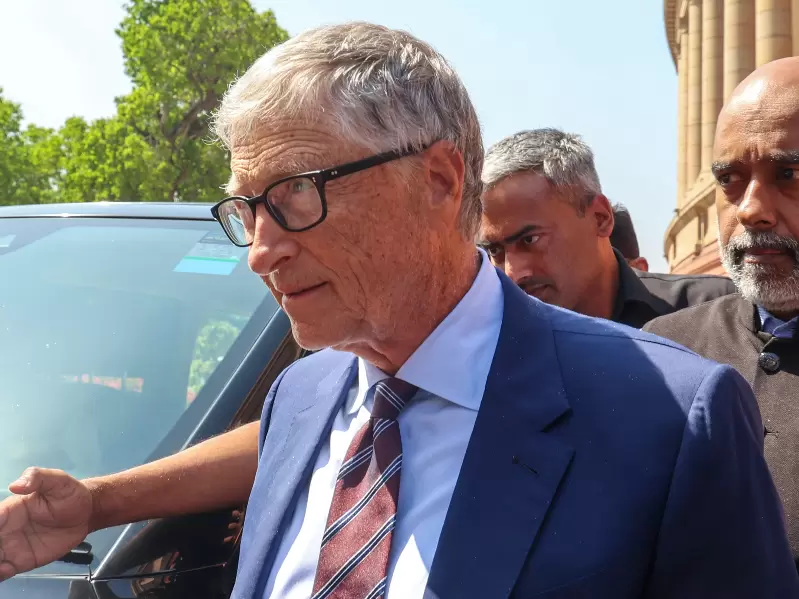


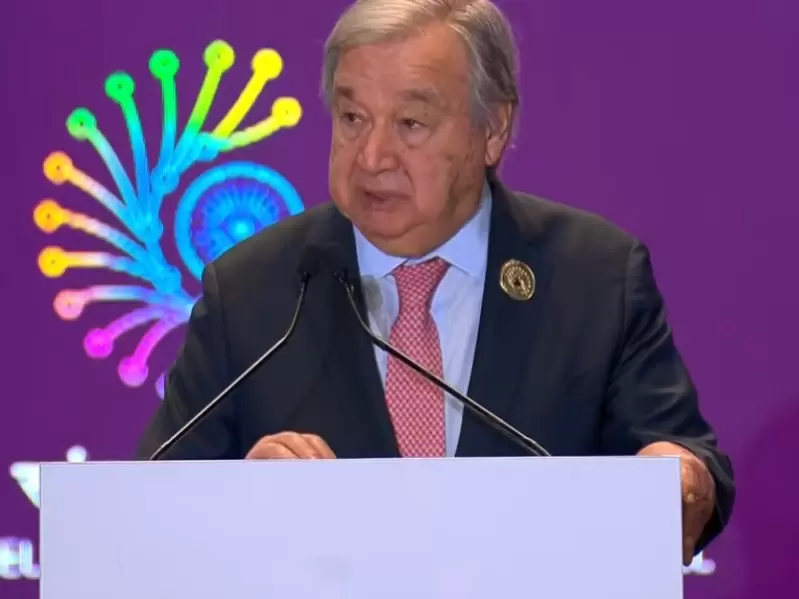

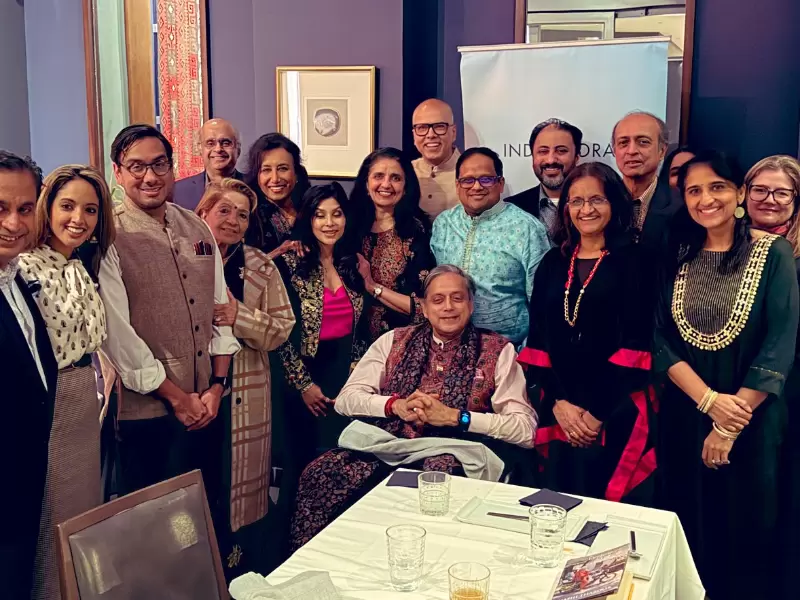
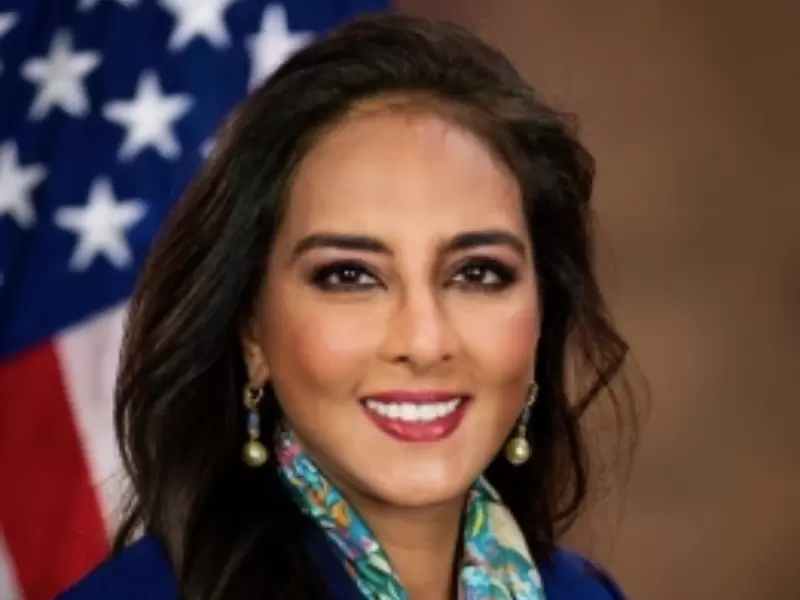



Comments
Start the conversation
Become a member of New India Abroad to start commenting.
Sign Up Now
Already have an account? Login